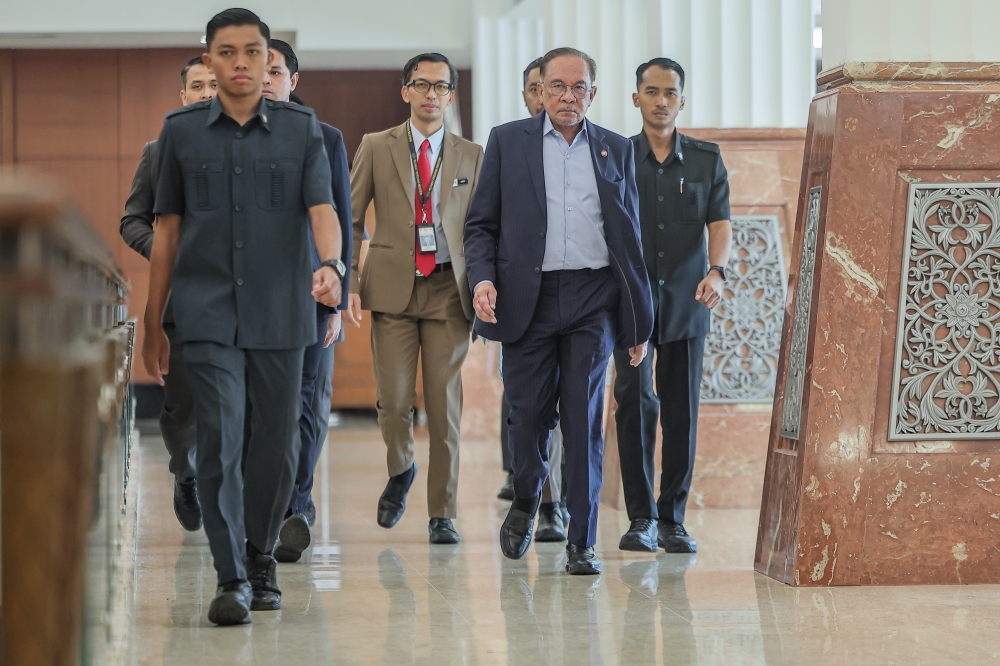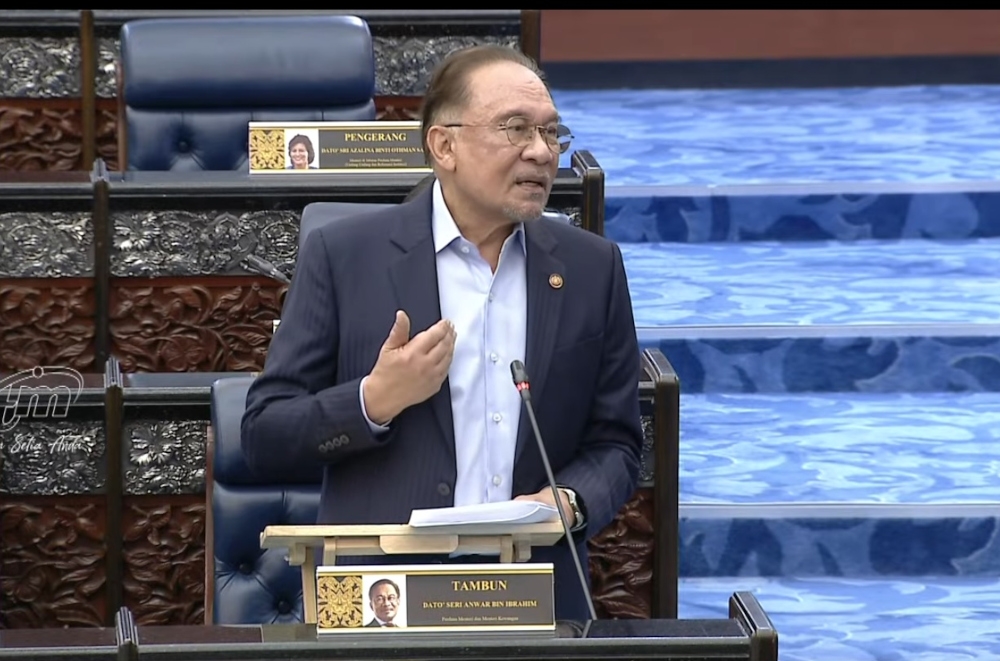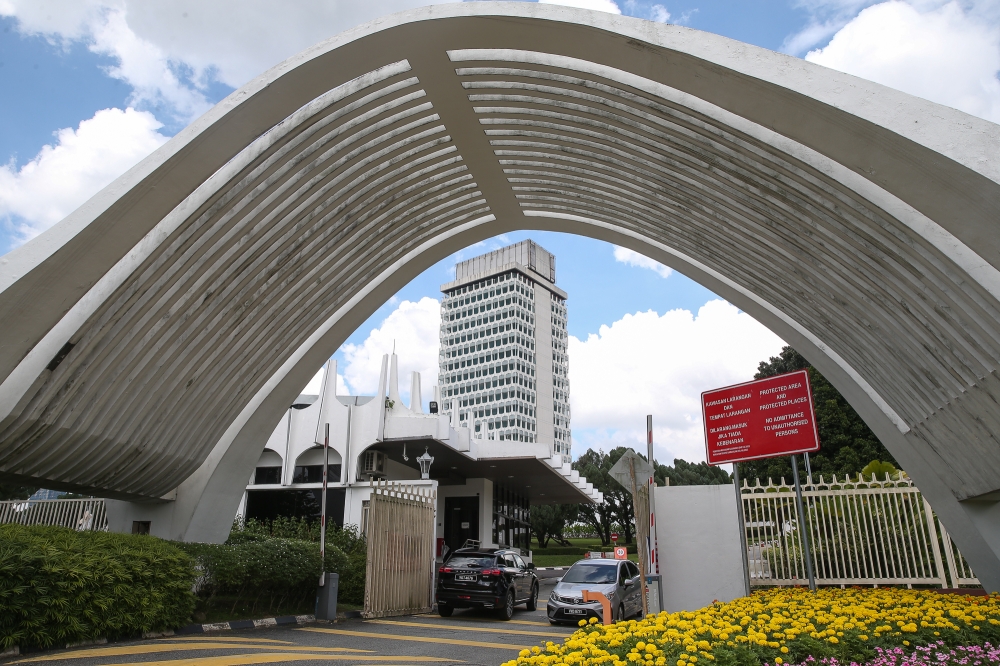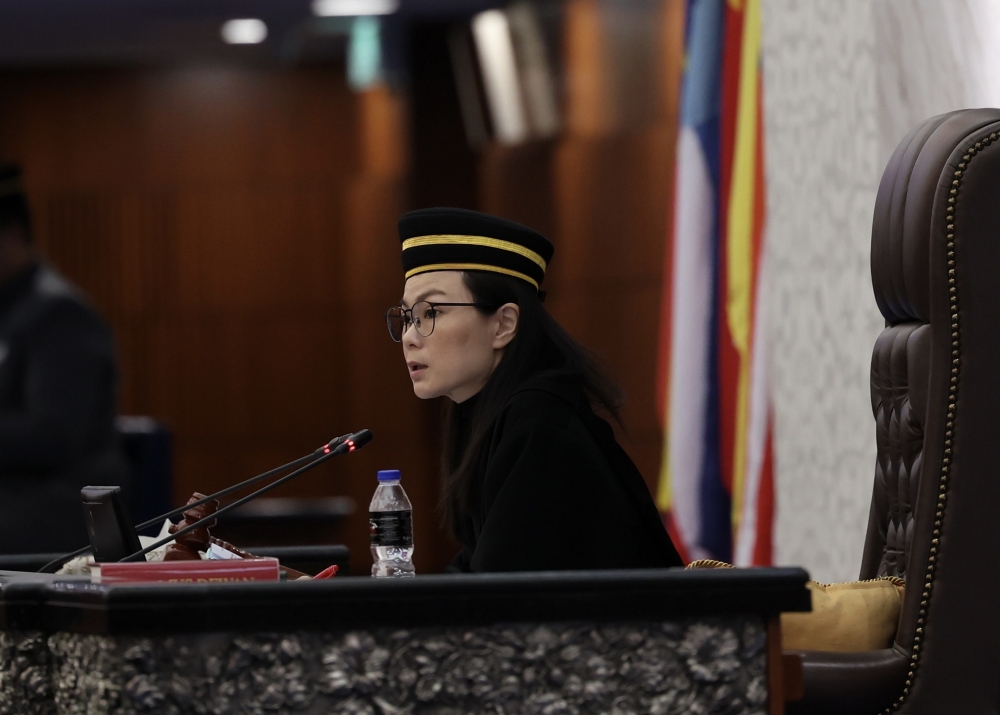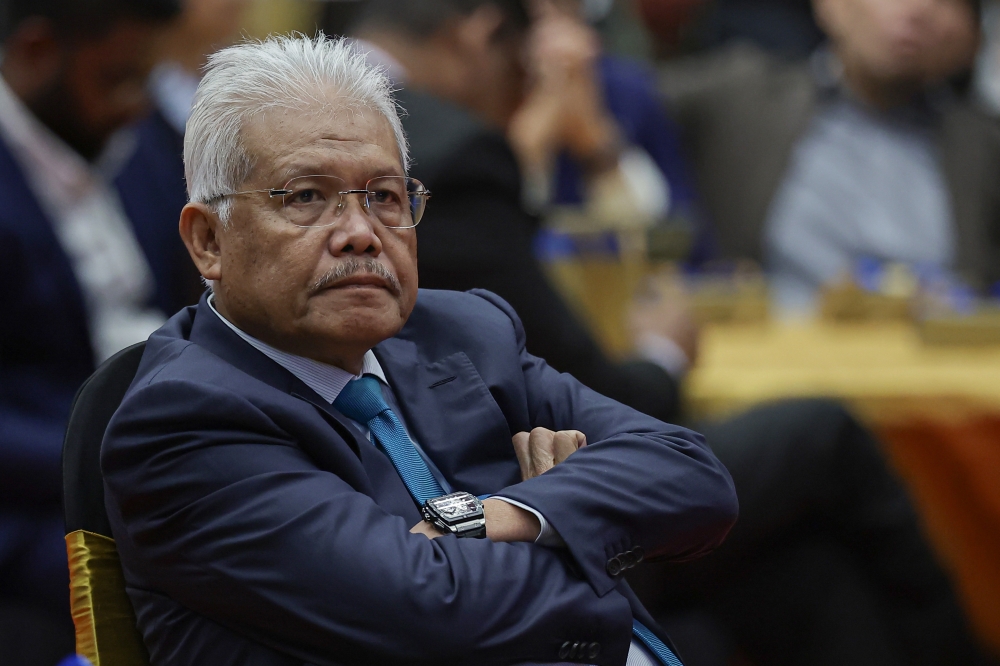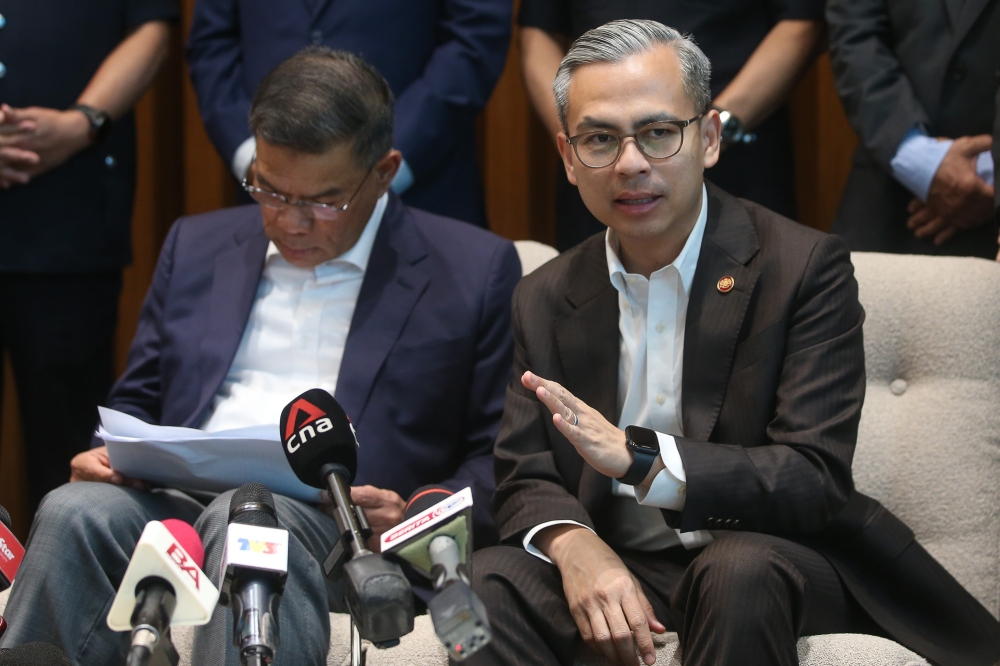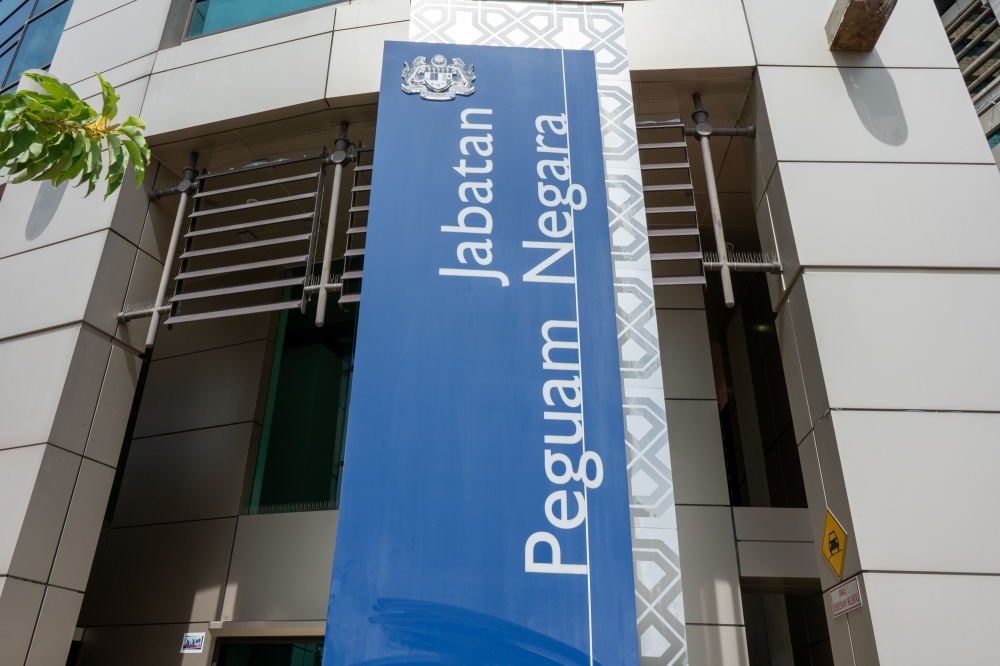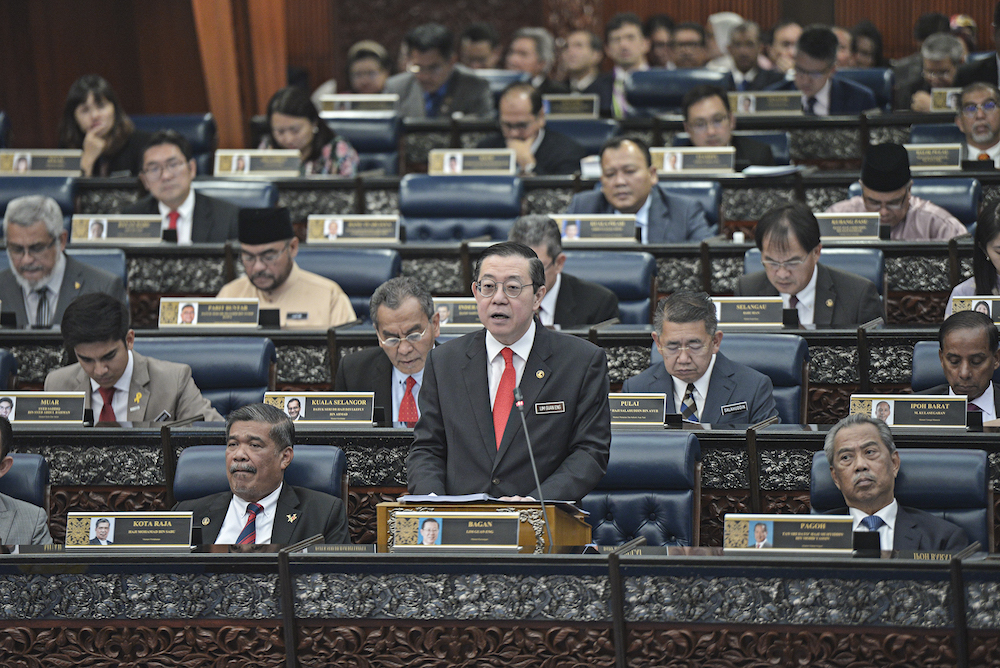KUALA LUMPUR, Oct 11 — In order to tackle the unemployment issue in Malaysia, the federal government is introducing the Malaysians@Work initiative, which is aimed at creating better employment opportunities for youth and women.
It is divided into four programmes directed at providing wage incentives to workers and hiring incentives for employers.
The first programme named Graduates@Work is specifically for hiring unemployed graduates who have been out of work for a year. Graduates who secure work will receive a wage incentive of RM500 per month, for a duration of two years, while employers receive a hiring incentive up to RM300 per month for each new hire, for two years.
The second programme is named Women@Work and seeks to create 33,000 job opportunities per year for women who have stopped working for a year or more, and are between 30- and 50-years-old.
The wage incentive for returning women workers is RM500 per month for two years, and a corresponding hiring incentive for employers up to RM300 per month for two years. In addition, the current income tax exemption for women who return to work after a career break will be extended for another four years until 2023.
Locals@Work is the third programme and is a hiring cost equalisation programme aimed at incentivising the shift away from low-skilled foreign workers dependency.
The wage incentive for Malaysians who are hired to replace foreign workers is at either RM350 or RM500 per month, depending on the sectors, for a duration of two years, and corresponding hiring incentive for employers up to RM250 per month for two years.
The final programme is called Apprentice@Work is a Technical and Vocational Education and Training (TVET) incentive programme, aimed at encouraging more youth to enter TVET courses, in the form of additional RM100 per month on existing allowance for trainees on apprenticeships.
Putrajaya will also extend double tax deduction on expenses incurred by companies participating in Skim Latihan Dual Nasional (SLDN) for another two years. In addition, the double tax deduction currently given to companies undertaking Structured Internship Programme (SIP) approved by Talent Corporation Malaysia Berhad (TalentCorp) will be expanded to include students from all academic fields rather than just engineering and technology.
“The government believes that the Malaysians@Work programme will enable Malaysians who are unemployed to gain the necessary skill sets and capabilities with on-the-job training, to ensure continued employment with the relevant company, with the retention rate expected to exceed 90 per cent after the incentive ends in two years.
“This will build human capital from the unemployed to become a self-reliant worker, able to contribute productively to the labour market,” Finance Minister Lim Guan Eng said today during the tabling of Budget 2020.
“Other than the Apprentice@Work programme, the Malaysians@Work initiative will be managed by the EPF (Employers Provident Fund) and will be subsequently integrated with the Employment Insurance System as well as other active labour market programmes.”
Lim said the government expects the Malaysians@Work initiative will cost RM6.5 billion over five years and create an additional 350,000 jobs for Malaysians and reduce foreign worker dependency by more than 130,000.
The government will also be undertaking measures to improve the working environment for women and parents in general.
“In year 2019, RM10 million was allocated for the development of early childhood care facilities in government buildings. Through this, 66 new TASKAs (early childhood education centres) were created in government facilities,” said Lim
“The government will allocate an additional RM30 million in 2020 to provide more TASKAs, focusing especially on hospitals and schools. In addition, to ease the financial burden of parents who enrol their children in registered nurseries and kindergartens, individual tax relief for fees paid will be increased from RM1,000 to RM2,000.”
These initiatives were necessitated due to the large numbers of unemployed Malaysians in 2018 with more than half a million of them, of which roughly 140,000 were graduates.
Additionally, 290,000 of them were youth aged up to 24 years old. The female labour force participation rate continued to stagnate at around 55 per cent, far from the government’s target of 60 per cent.
“A recent World Bank study concluded that if all barriers against Malaysian women are removed and women’s participation in our economy is increased, the country’s income per capita could grow by 26.2 per cent,” Lim said.
“Cheap foreign labour disincentives companies from investing in more productive capital and technology. As of the end of 2018, there were officially 2.2 million foreign workers, or 15 per cent of the national labour force of 15 million people.
“We must reverse the addiction to low-skilled foreign labour, while recognising the many challenges industries face in securing adequate workforce for their industry,” added Lim.



